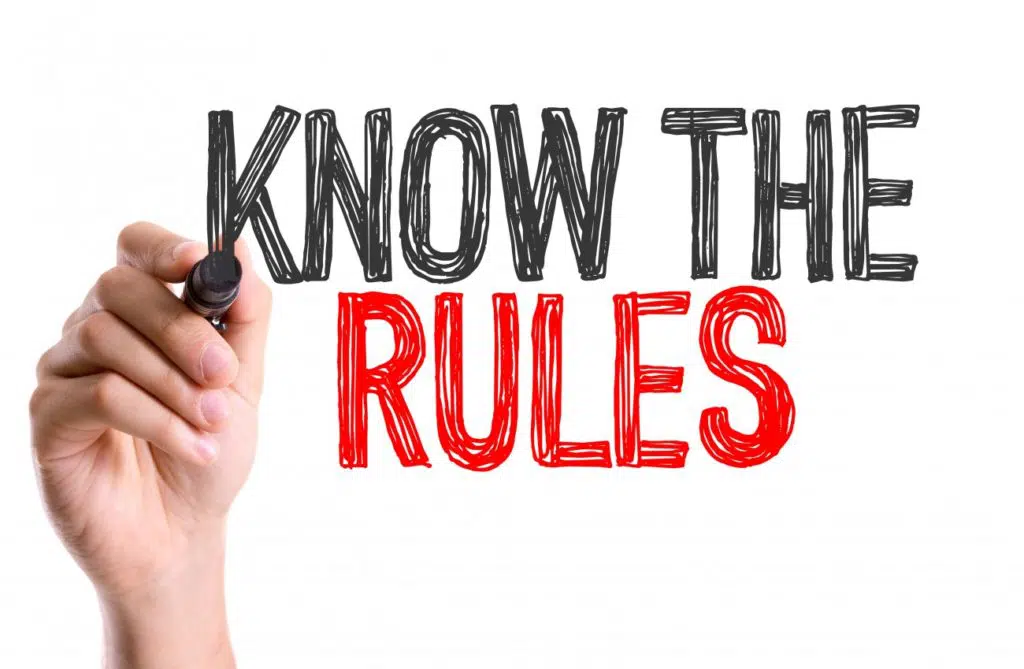Married couples don’t always agree — and taxes are no exception. In certain cases, an “innocent” spouse can apply for relief from the responsibility of paying tax, interest and penalties arising from a spouse’s (or former spouse’s) improperly handled tax return. Although it isn’t easy to qualify, potentially affected taxpayers should review the rules.
Applicants may qualify for various forms of relief if they can meet the applicable IRS conditions. One factor that’s considered is whether the applicant received any significant direct or indirect benefit from the tax understatement. For instance, an applicant’s case could be weakened if he or she had used unreported income to pay extraordinary household expenses.
The IRS will also look at the distinctive aspects of the case. The fact that a spouse applying for relief has already divorced his or her partner is significant. Whether the applicant was abused physically or mentally will also play a role, as will whether he or she was in poor mental or physical health when the return(s) in question was signed. In addition, the IRS will consider whether the applicant would experience economic hardship without relief from a significant tax debt.
Generally, an applicant must request innocent spouse relief no later than two years after the date the IRS first attempted to collect the tax. But other forms of relief may still be available thereafter. Please contact our firm for more information.

